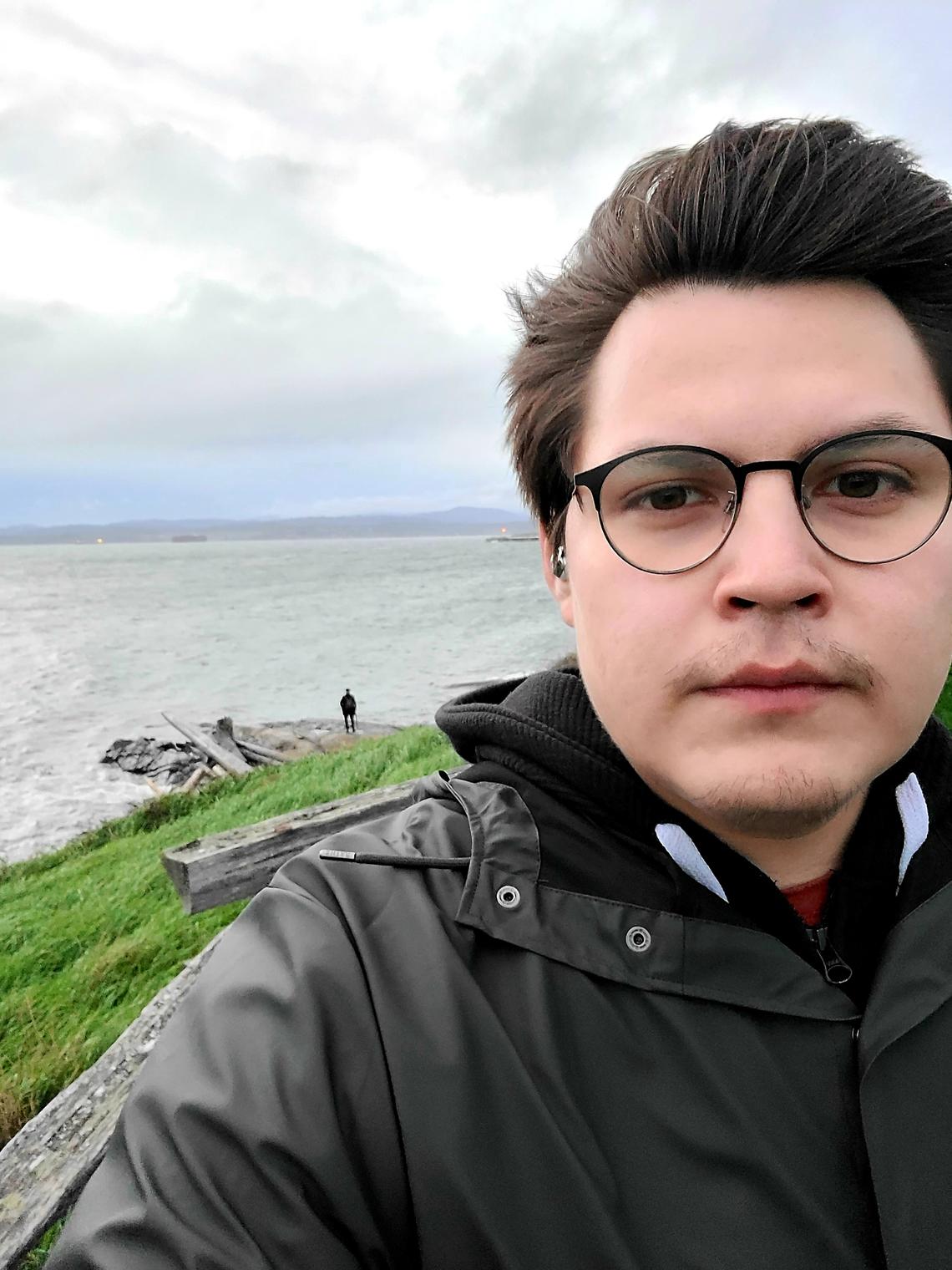Jan. 20, 2022
Congratulations to Ryan Crosschild

Izaak Walton Killam Doctoral Scholarship. In establishing this memorial to her late husband, Dorothy Johnston Killam’s purpose was “to help in the building of Canada’s future by encouraging advanced study… to increase the scientific and scholastic attainments of Canadians, to develop and expand the work of Canadian universities, and to promote sympathetic understanding between Canadians and the peoples of other countries.” It was her “desire that those selected to receive Scholarships shall be likely to contribute to the advancement of learning or to win distinction in a profession.” The Izaak Walton Killam Doctoral Scholarship is considered the University of Calgary’s pinnacle award.
Ryan Crosschild is working under the supervision of Dr. Daniel Voth. Tell us a bit about what makes Ryan’s work stand out?
I’ve been working with Ryan through both his Master’s and now his PhD work, and I am thrilled the adjudicators of the award see what I see in him. His work is breaking colonial patterns of inter-Indigenous politics on the plains and building new ways to centre richer thinking about the ways humans, animals and the land are in relation with each other. His work is really exciting!

Ryan, your own broad research interests include Prairie Indigenous Political Philosophy and Indigiqueer resurgence with a particular emphasis on the 2016 Buffalo Treaty. How did you come to focus on these areas?
I came to focus on these areas through my positionality as a Queer Blackfoot man and member of the Blackfoot Horn Society with an interest in relational ethics and politics. As an active participant in Blackfoot community governance, I have witnessed and experienced the exclusionary gendered practices frequently discussed in Indigenous feminist scholarship. This shapes my commitment to supporting initiatives that seek to actualize alterNative possibilities to the conditions generated by the colonial project of Canada. In Indigenous politics relationality generates important and fascinating questions to help us better understand how to live "the good life" in the face of urgent problems like a global pandemic, gendered and racialized violence, climate change, and ongoing dispossession. The Buffalo Treaty is the first time in nearly two hundred years where Indigenous peoples across different cultural and political geographies have come together in an expression of political unity and shared principles.
Can you tell us a bit about your specific proposed thesis research?
I turn to Indigenous feminisms and Queer Indigenous theory to contextualize my analysis of the Buffalo Treaty against the broader socially conservative formulations of Prairie Indigenous life and politics. Overall, this project seeks to eke out space for building a theory of Indigenous relationality that provides alternatives to the masculine, androcentric and anthropocentric orientations of existing Indigenous political orders.
It’s still early days for your research, but what are your next steps in your program?
Currently, I am in the process of finalizing a collaboratively writing article with other Indigenous scholars that outlines the relational standpoints of the Buffalo Treaty, and plan to spend the next few months preparing for my field of study exams and defence of my thesis proposal.
Congratulations to Ryan Crosschild on your 2021 Izaak Walton Killam Doctoral Scholarship!
For more information on our paper prizes and past prize winners, please visit the Political Science web page.
